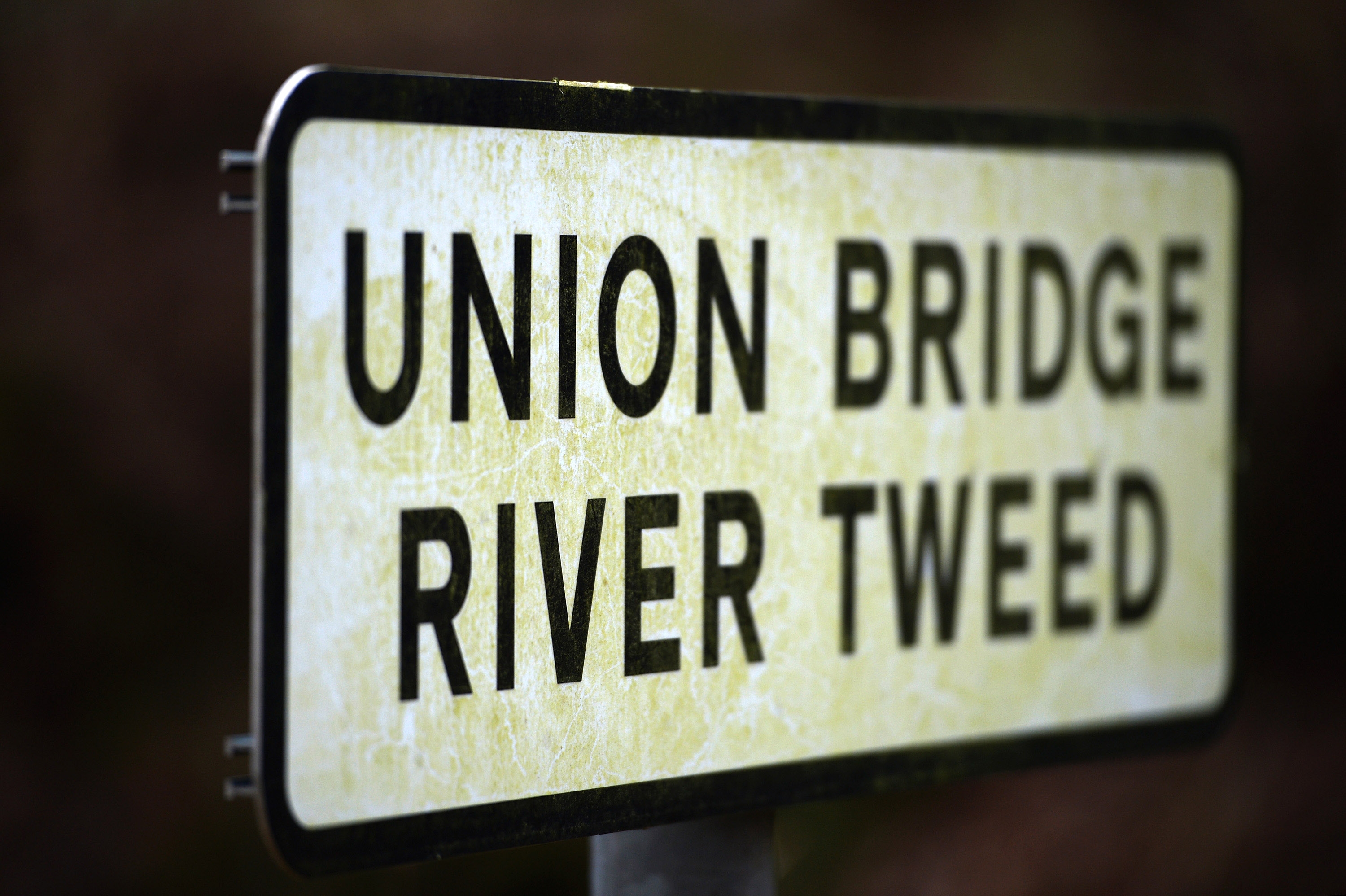It is not unusual to hear dark warnings of what might happen if Scotland votes for independence. Big Business is flighty. It is rather more unusual to hear leading business figures suggest they might leave Scotland if the country does not vote for independence. But that’s what Jim McColl, the chief executive of Clyde Blowers Capital, has done.
Scotland, he suggests, is held back by the fact that UK economic policy is dictated by the needs of the City of London and the south-east of England. I fancy there are plenty of folk in the north of England, Wales and Northern Ireland who might agree with that diagnosis.
Independence is actually, I think, McColl’s second-choice preference. But in the absence of a middle-way option – that is, fiscal autonomy or Real Home Rule – he prefers independence to the status quo.
It is a useful intervention, if only because it reminds us (though we should not require reminding) that independence would be the start of something, not its conclusion. The type of Scotland that might emerge could surprise us all, not least the left-wingers who are currently minded to support independence.
McColl suggests that he’d like to see an independent Scotland lower corporation tax (this is still SNP policy, despite George Osborne’s own cuts), offer tax relief to pension funds and abolish capital gains tax entirely.
I consider some of this stuff in my Think Scotland column today. To wit:
[McColl’s] latest remarks are an indication that at least some large businesses are quite confident they would not be inconvenienced by independence for so long as, one assumes, Alex Salmond remains a major figure in Scottish life.
Mr Salmond has never quite said that he is, pace Peter Mandelson*, “intensely relaxed” about people becoming “filthy rich” but there’s ample evidence supporting the view that the First Minister is cheerily chummy with rich businessmen. He was hardly alone in supporting Fred Goodwin and RBS during their years of rocketing expansion. If that looks a mistake now all one can say is that few people thought so – or at least said so – publicly at the time. The First Minister’s bromance with Donald Trump – back when the ludicrous Donald proclaimed Salmond a man with whom anyone could do business – was rather more embarrassing but, even there, it can’t be claimed that Trump’s development in Aberdeenshire lacked other local supporters.
Be that as it may, there are good reasons for Jim McColl to suppose that his businesses might be treated with some indulgence in the event of a Yes vote. This is nothing so crude or vulgar as a reward for his supporting independence. Rather it is a recognition that large international companies will be in a powerful position should Scots vote for independence.
Small countries may sometimes have the ability to move more nimbly than their larger brethren, tailoring policy to take advantage of their particular strengths or needs. But if this is so, it is also the case that they are more likely to be prone to being captured by special interests. Scotland does not have so many successful, large international companies that we can afford to lose a few and scarcely notice their absence.
We might wish it otherwise but I find it hard to believe that an independent Scottish parliament will really pass legislation or create tax laws that seriously inconvenience major corporate interests. On the contrary, I suspect the likes of RBS, Diageo, Clyde Blowers and the electricity generating companies will likely find the Scottish government desperately keen to keep them sweet. And that’s to say nothing of the oil companies. Can one really imagine a Scottish government raising taxes on oil exploration and production to the point at which the oil companies decide their money is better spent elsewhere?
None of that is necessarily a reason to vote against independence. And of course an independent Scotland could decide to “stand up” to large and powerful corporate interests. I merely suggest that if you expect that to actually happen you are liable to be disappointed. Money has a way of talking that tends to prove pretty persuasive.
If Jim McColl is prepared to hint – however improbably – that he could easily move his business away from Scotland if the country remains within the Union then, quite obviously, he can do so just as easily after independence too. Perhaps some “patriotic imperative” would root him – and other major enterprises – in Scotland but even patriotic goodwill is not always enough. The bottom line can be eloquent too.
Still, Mr McColl deserves some praise for reminding us how much would remain up for grabs after independence. He might be disappointed by our parliamentarians and it is certainly true that abolishing capital gains tax is not the sort of policy you often hear mentioned at Holyrood. Nevertheless I don’t think you need be over-endowed with cynicism to suppose that big business might exert an influence in Scotland even greater than it currently does in the United Kingdom. Small countries, after all, are even more prone to corporatism and cronyism than their larger neighbours.
That does not necessarily amount to a conspiracy against the public interest but nothing I have heard Alex Salmond say leads me to suppose that big business interests have anything to fear from any administration of which he is a part. I would not go so far as to suggest that, under and SNP government or any plausible alternative, major corporate interests would be able to write their own tax code but they would, I fancy, have a considerable presence at the table. No, it doesn’t “have” to be like that but that’s still the way I suspect it would be.
Whole thing here.
*I should have added, but forgot to, that Mandelson did qualify this now notorious statement by adding that all this was fine so long as companies and wealthy individuals played by the rules.








Comments